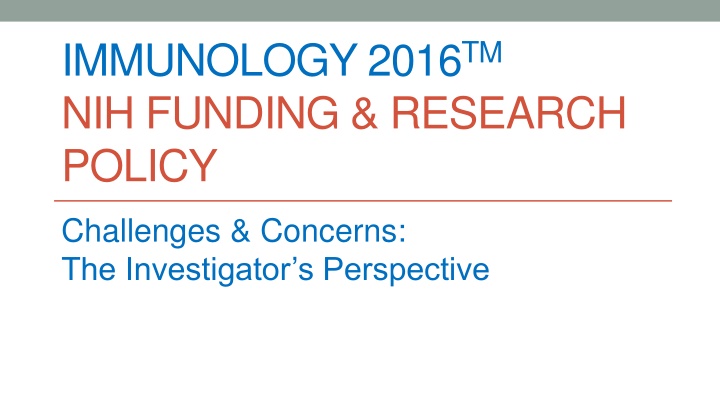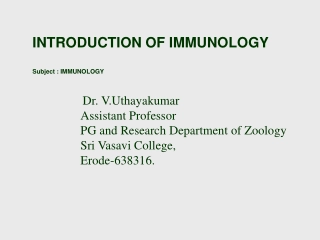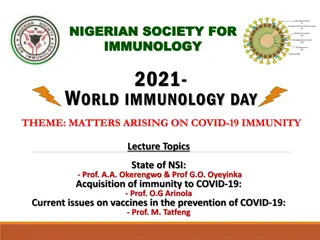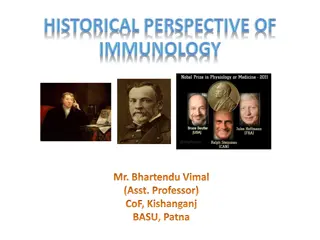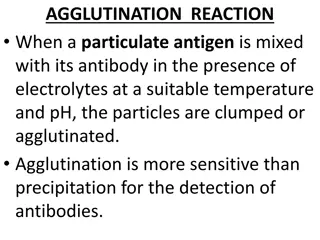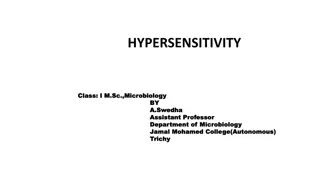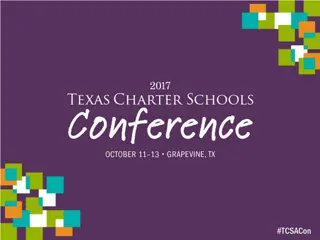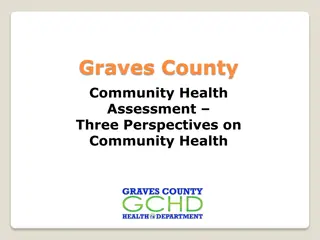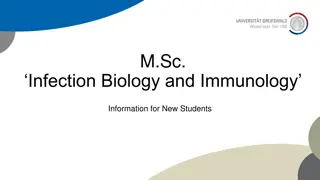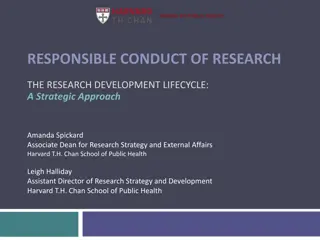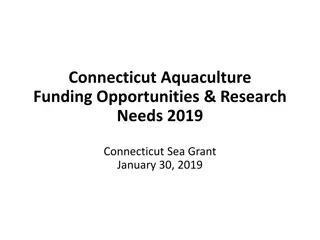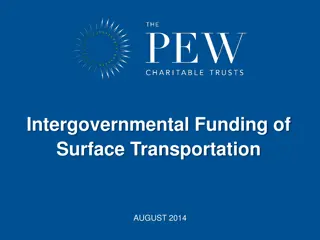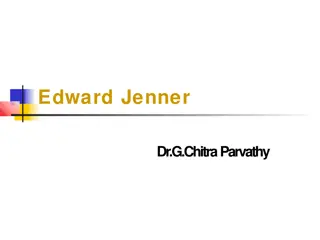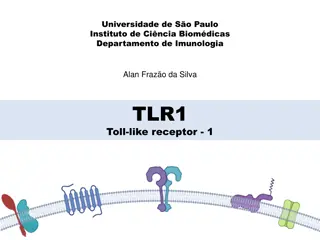Challenges and Concerns in Immunology Research Funding: Investigator's Perspective
Investigator's face challenges in understanding NIH funding priorities, decreases in basic science grants, disease-earmarked funding changes, application logistics confusion, grant funding mechanisms variations, new rigorous research requirements, and equity in grant budgets.
Download Presentation

Please find below an Image/Link to download the presentation.
The content on the website is provided AS IS for your information and personal use only. It may not be sold, licensed, or shared on other websites without obtaining consent from the author.If you encounter any issues during the download, it is possible that the publisher has removed the file from their server.
You are allowed to download the files provided on this website for personal or commercial use, subject to the condition that they are used lawfully. All files are the property of their respective owners.
The content on the website is provided AS IS for your information and personal use only. It may not be sold, licensed, or shared on other websites without obtaining consent from the author.
E N D
Presentation Transcript
IMMUNOLOGY 2016TM NIH FUNDING & RESEARCH POLICY Challenges & Concerns: The Investigator s Perspective
NIH FUNDING PRIORITIES Investigators are confused
Commitment to Basic Science Decrease in basic science grants in NIH portfolio What messages are applicants receiving from NIH, from their institutions, from peer reviewers? Posted comments on recent article by Mike Lauer strongly suggest that this commitment is not reflected in the trenches do study sections need explicit educating? How does the increase in larger, multi-investigator awards impact funding of basic science?
Disease-earmarked funding Changes in HIV/AIDS-focused funding New mandated Alzheimer s Disease funding Earmarked funding for antibiotic-R bacterial infections How best to balance funding by disease burden with minimizing Congressional micro- management?
APPLICATION LOGISTICS Investigators are confused
Grant funding mechanisms Individual investigator awards with extended periods of support and budgets Goal of this mechanism seems to differ between institutes Will this lead to smaller total numbers of funded investigators? Will all NIH institutes develop this mechanism? Emeritus award dead? Inconsistency in award mechanisms and prioritization of types of awards between institutes
New & increasing requirements Establishment of rigorous & reproducible research What exactly does this mean? What assurances and documentation are expected? How will this new section be reviewed and scored? How will the requirement be enforced? Gender parity in animal studies What exceptions are allowed? What will be the impact on costs and size of experiments?
Transparency & equity in grant budgets Guidelines for modular vs. non-modular budgets Consistency in across-the-board budget cuts, both within and between institutes Clear messages to applicant institutions about their support responsibilities
GRANT REVIEW Investigators are frustrated; so are many reviewers
Challenges to obtaining the best reviews Disincentives to serve as a reviewer Reviewer baggage Limited disincentives for being a poor reviewer Inconsistency in matching reviewer expertise with applications Inconsistency in panel composition and sequential reviews of A0 vs. revised applications
Outcome of the review process How to detect and avoid reviewer bias, both conscious and unconscious? How to evaluate and act upon information about association between application scores and ultimate project impact? What is the cost/benefit of large, expensive, multi- investigator projects vs. smaller projects? What is the cost/benefit of >2 R01s or larger projects per PI vs. fewer projects/PI but more PIs funded?
Action on GRAMP proposals? 10 recommendations made to improve grant process released in July 2015, including Speeding award process Pre-applications? Continuous submission? Improve administrative efficiency, seek greater feedback on new ideas to improve process Deepen and diversify peer review pool Will any be implemented, or at least tested?
PREPARING FOR THE FUTURE OF SCIENCE How to ensure a robust biomedical science enterprise for future generations?
What is NIHs commitment to training? Age of PIs is increasing Disproportionate number of early to mid-career investigators are leaving research Future of T32 awards is uncertain, and their priority varies between institutes Suggestion that labs operate mostly with permanent staff scientists is not compatible with current R grant budgets
How will NIH ensure a robust future pool of investigators & scientific ideas? After the first R01, but before a PI becomes a well- established investigator, he/she can encounter a career Death Valley how to prevent these career deaths of the next generation of scientists? Health of biomedical research depends upon a wide diversity of voices & ideas, as does bi- partisan, nationwide support of NIH how to preserve this?
What do investigators want? Clear, transparent, consistent policies that allow them to plan for success in obtaining support and conducting the best research Opportunity for meaningful feedback and participation in policy creation Timely and thoughtful evaluation of current policies and their outcomes, and revision when needed
THANK YOU, RICHARD(S) For your excellent work on our behalf
